A successful vaccine for Covid-19 is not enough to prevent the spread of coronavirus and many challenged would have to be overcome to deliver a successful vaccination programme, a recent study has warned.
A report of Royal Society’s DELVE (Data Evaluation and Learning for Viral Epidemics) Initiative suggests that there are serious challenges to developing, evaluating, manufacturing and distributing the vaccine.
Why have scientists not been able to develop the vaccine yet?
A successful vaccine stimulates immune responses that negate chances of transmission of infection and reduce risk and severity of disease. It also ensures long term protection so that people do not have to be re-vaccinated frequently.
Currently, scientists have not been able to put their finger on SARS-CoV-2 infection’s immune responses. They do not even know if the infection has any immune responses. Antibodies and T cells have been detected in those who have recovered from the virus, but it is not clear whether it leads to protection against reinfection, according to the report
Evaluating prospective vaccine candidates
Over 200 SARS-CoV-2 vaccine candidates are currently in development, with a handful being in later stages of clinical trials. Some of the candidates that are in later stages of trials, such as the Oxford/Astrazeneca candidate, have used ‘viral vectors’ — where a part of the SARS-CoV-2 genetic code is inserted in another harmless virus through which antibodies are generated.
Others, such as Moderna, have used an alternative design, where a viral genetic code is produced as an RNA vaccine, which also leads to the production of viral protein when it enters a cell, the report stated.
Even as development of these candidates has been accelerated, vaccines fail at a later level of trails many times due to poor immunogenicity, it added.https://1684cc66defe9413ef5e30dadb719ef4.safeframe.googlesyndication.com/safeframe/1-0-37/html/container.html
Challenges in manufacture of a future vaccine
Once a vaccine is available, the choice of vaccination strategies will need to be phased to match manufacturing capacity.
Coalition for Epidemic Preparedness Innovations (CEPI) estimates that for 2021, a global annual capacity of between 2 to 4 billion doses could be available without disrupting existing vaccine supplies, with much of the capacity being in India and China, the report said.
If immunity is short lived and annual vaccine boosters are needed, capacity will be needed to extend coverage whilst maintaining immunity in existing recipients, it added.
The challenge of vaccine distribution
The vaccine supply chain consists of a series of transportation and storage steps.
Sourcing of raw materials used for drug product manufacturing and distribution of the finished product might be disrupted due to the pandemic itself.
Supply chain will be disrupted in case borders are closed due to lockdown, personnel become ill, countries compete for short supply or medical system is overwhelmed. For making transportation easy, manufacturers are working towards improving thermostability of prospective vaccines to reduce the need of the distribution at very low temperatures, the report said.
Additional medical staff will need to be trained to immunise the population rapidly, it added.
By Hindustan Times

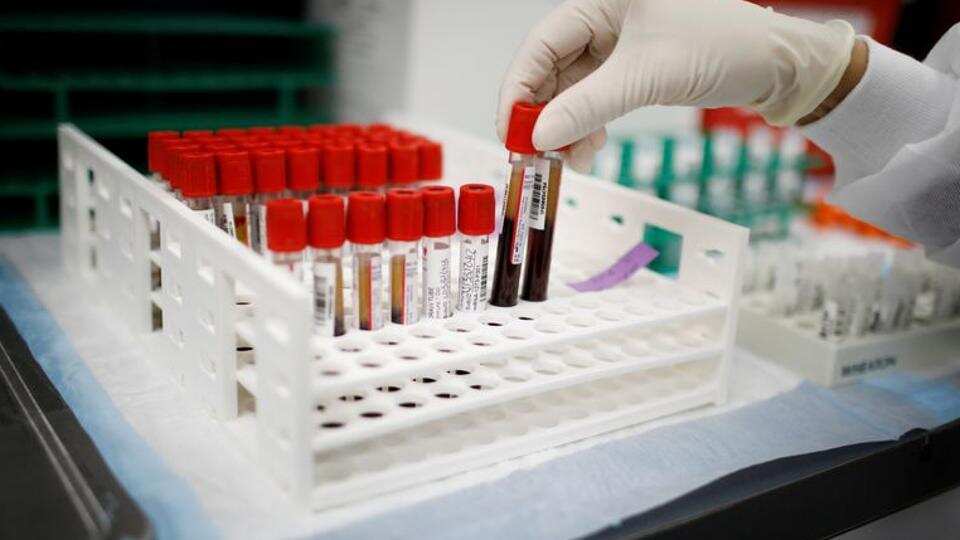
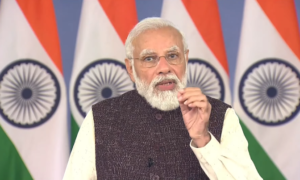

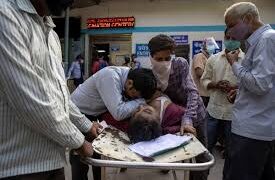

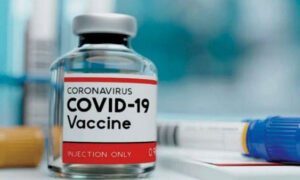



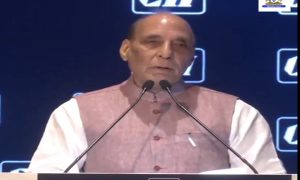

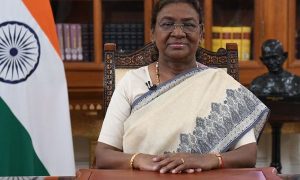

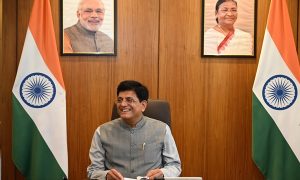







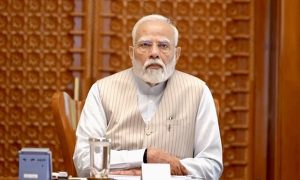





 WhatsApp us
WhatsApp us